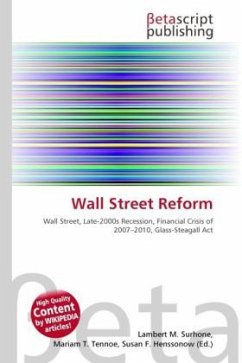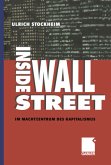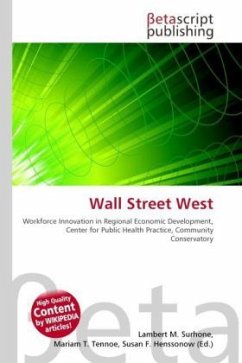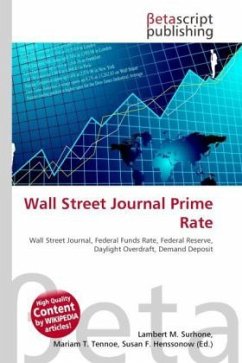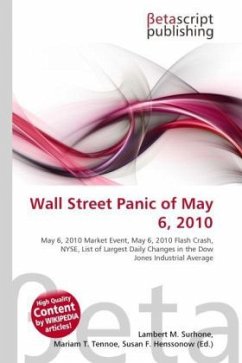High Quality Content by WIKIPEDIA articles! A number of Wall Street reform initiatives have sought to curb various practices on "Wall Street", generally denoting the United States financial sector. Discussion of such reform is ongoing in the wake of the late-2000s recession, which is believed to have resulted from the financial crisis of 2007 2010.The Glass-Steagall Act of 1933 placed a "wall of separation" between banks and brokerages, which was largely repealed by the Financial Services Modernization Act of 1999. Though some commentators regard the restoration of the 1933 bill as crucial, even calling it "the most vital element of Wall Street reform", House Democratic leaders refused to allow an amendment by Rep. Maurice Hinchey (D-NY) to restore Glass-Steagall as part of the 2009 Frank bill. Hinchey introduced his proposal as a separate bill, the Glass-Steagall Restoration Act of 2009. Nonetheless, the "Volcker rule" proposed by the Obama administration has been described as a"new Glass-Steagall Act for the 21st century", as it establishes stringent rules against banks using their own money to make risky investments.
Bitte wählen Sie Ihr Anliegen aus.
Rechnungen
Retourenschein anfordern
Bestellstatus
Storno

